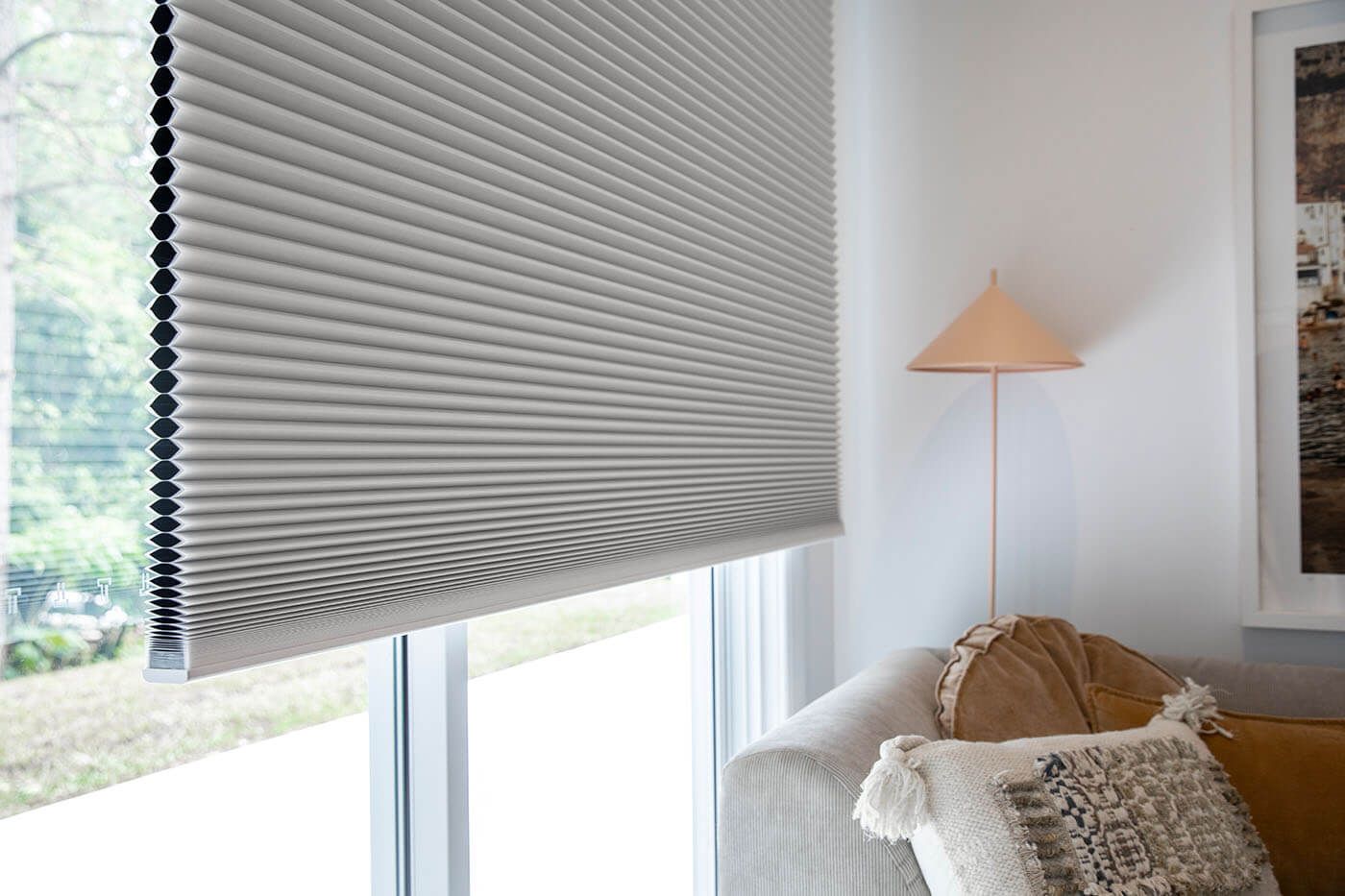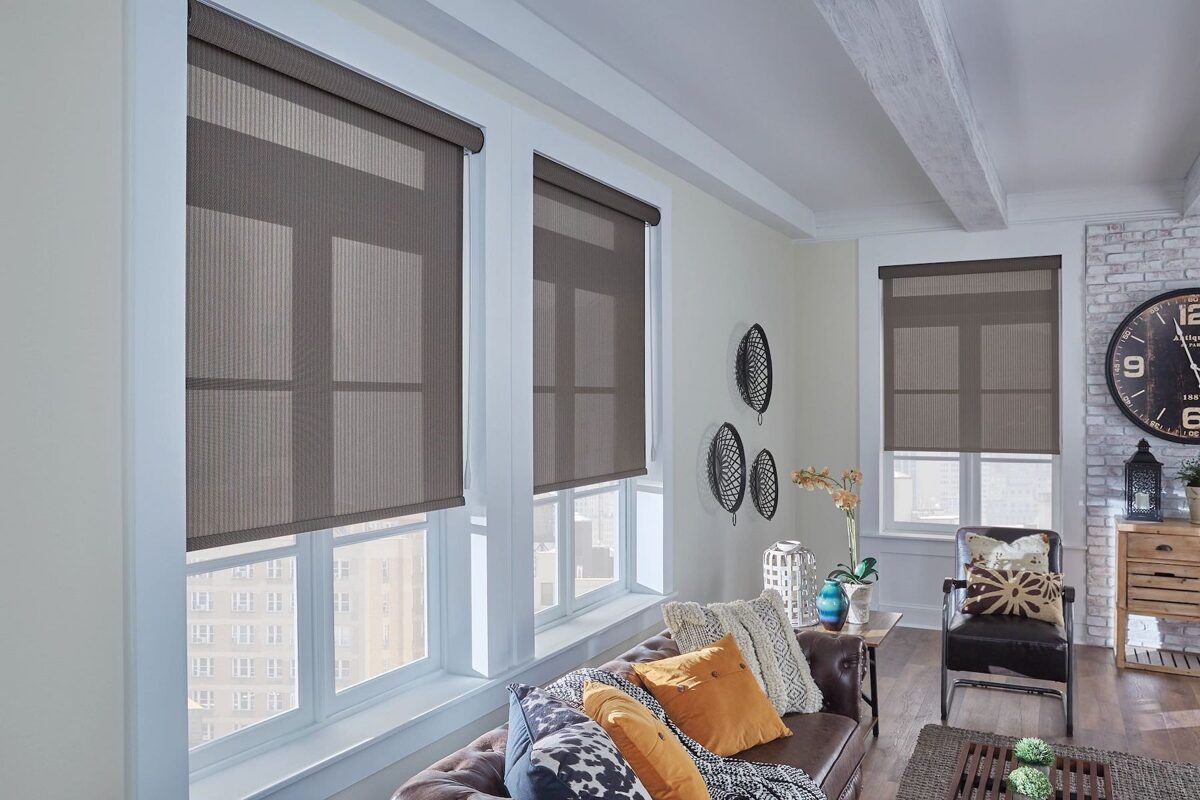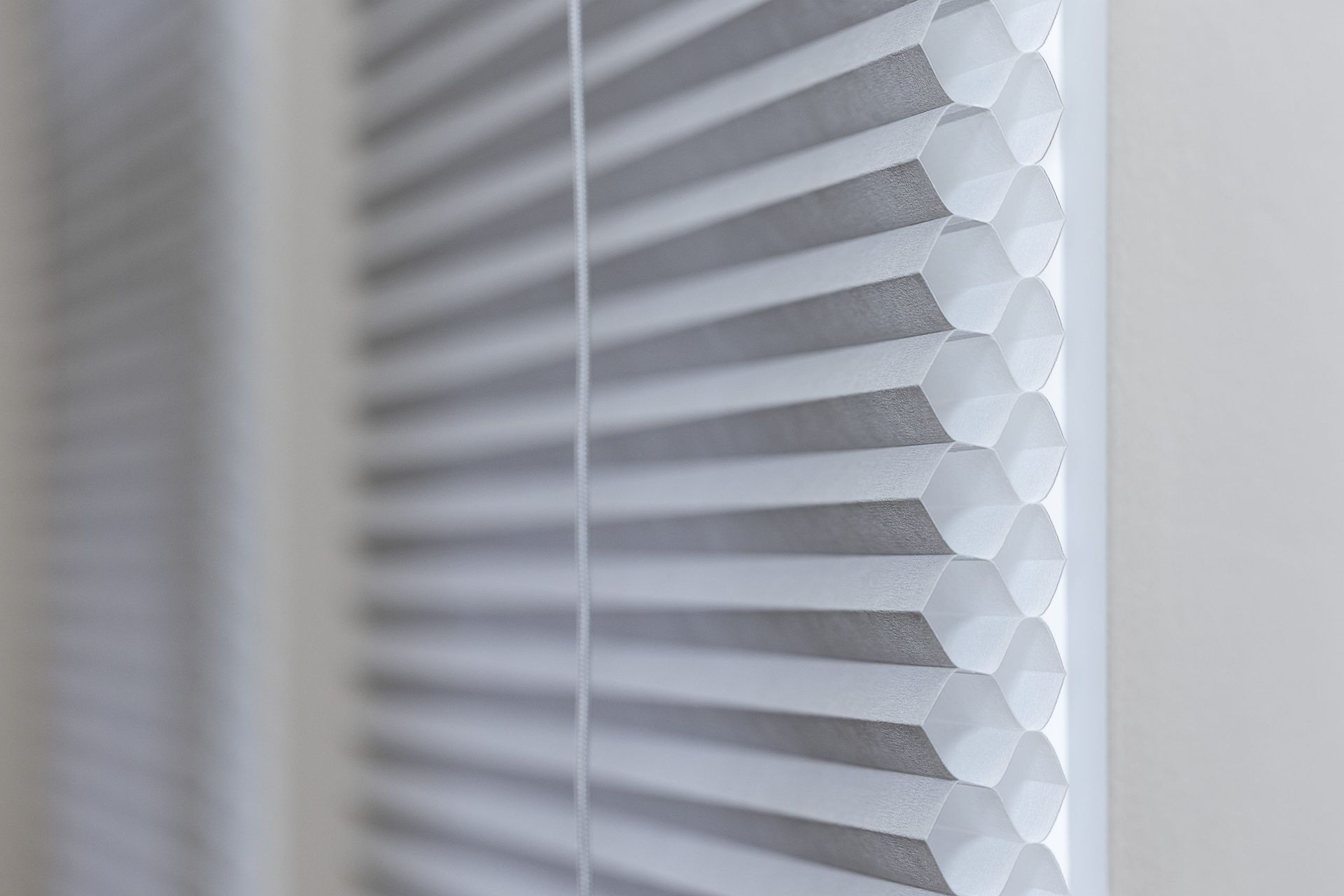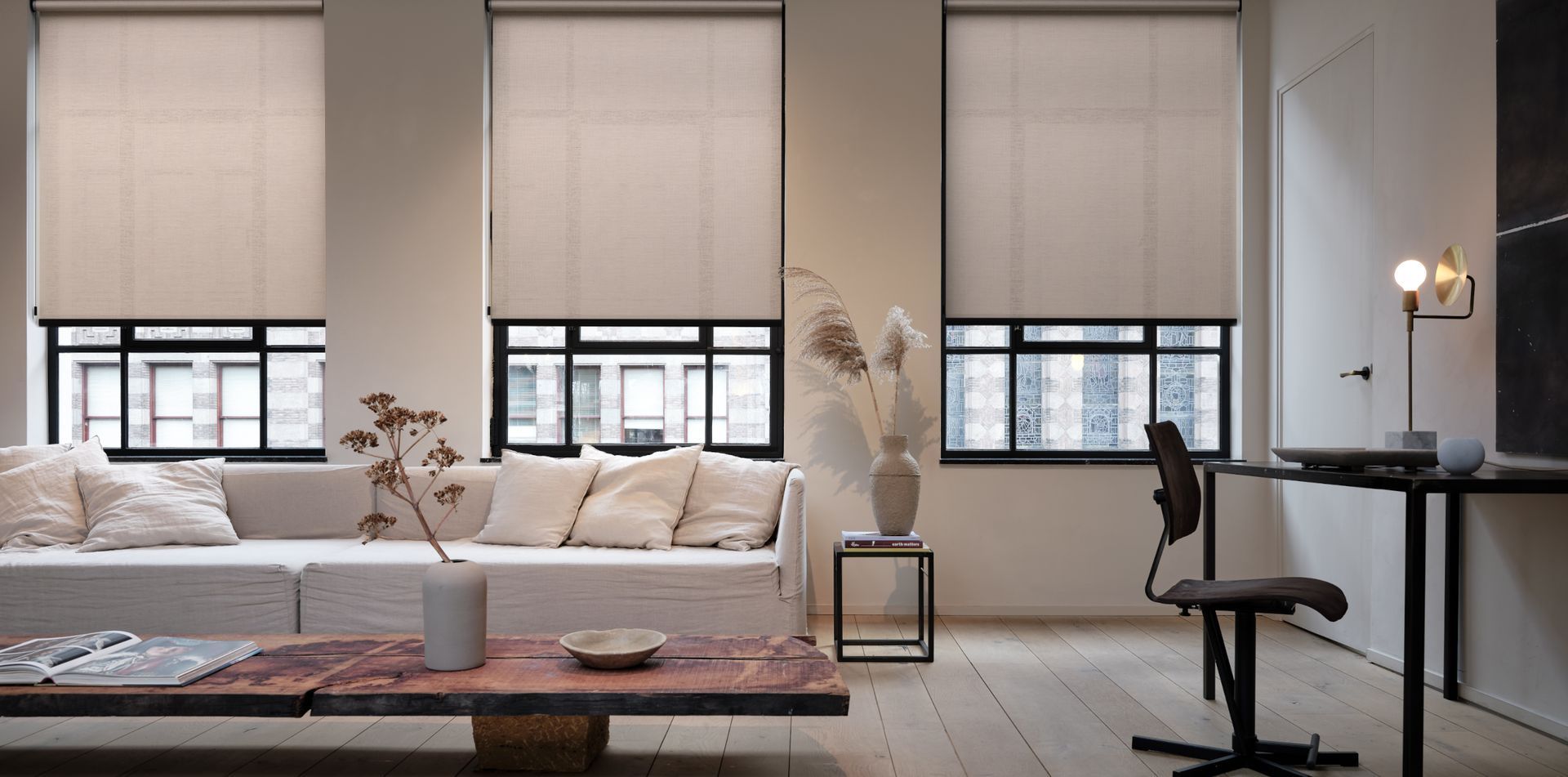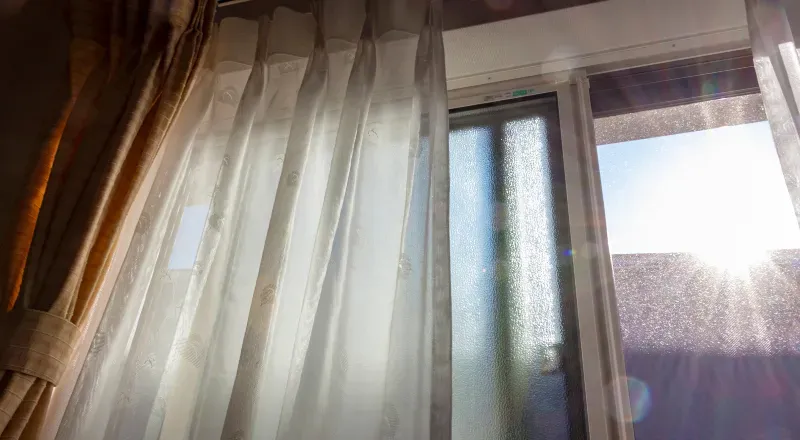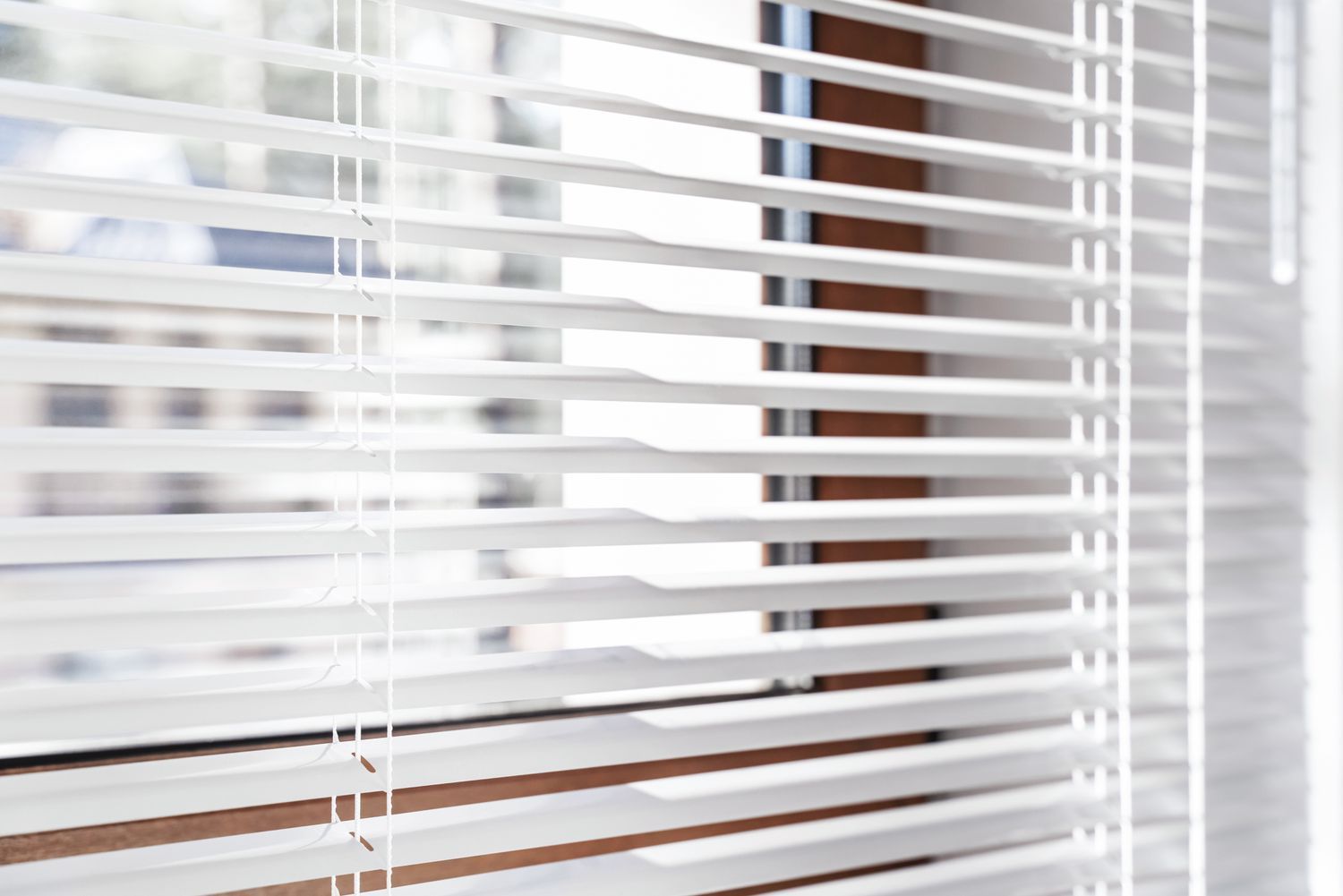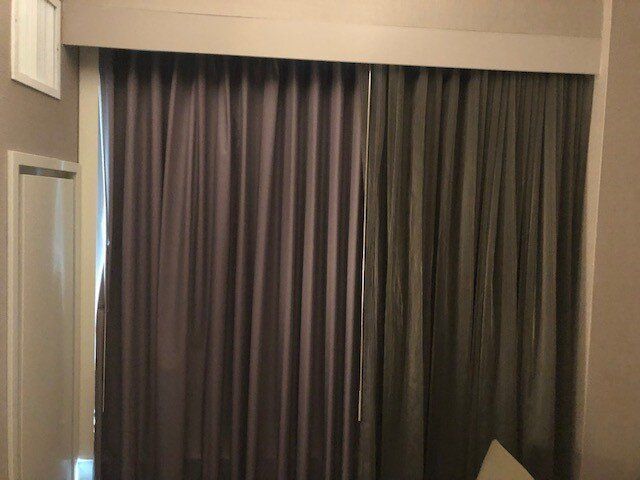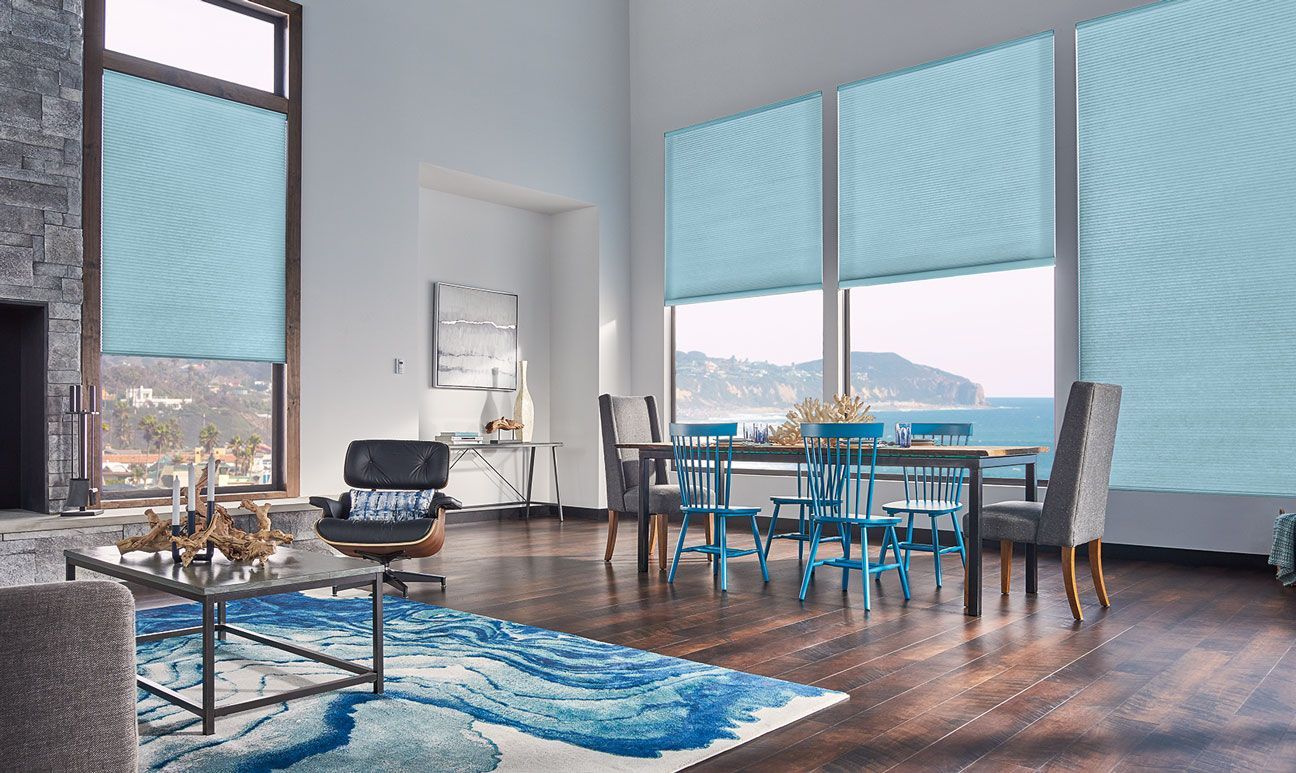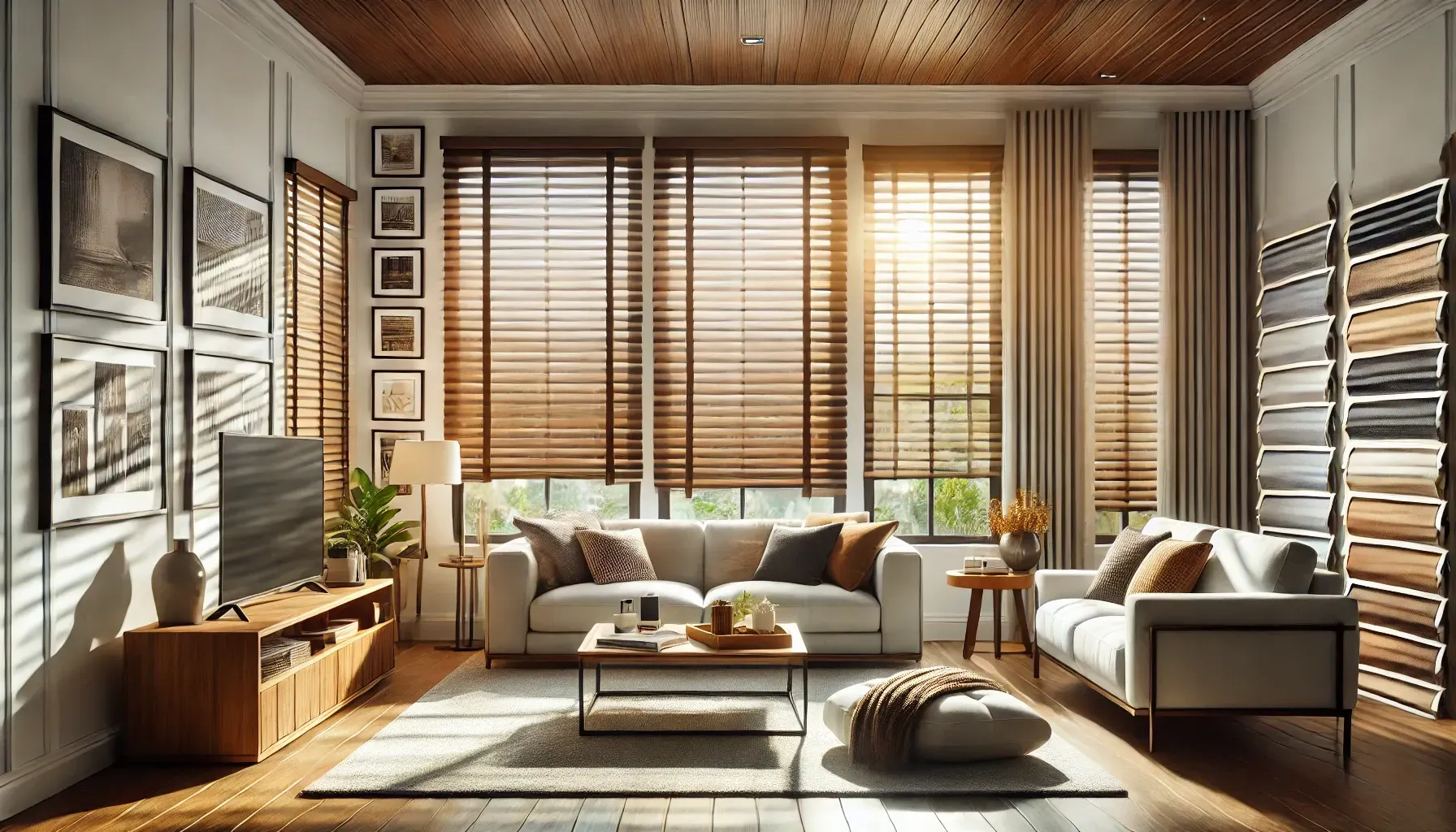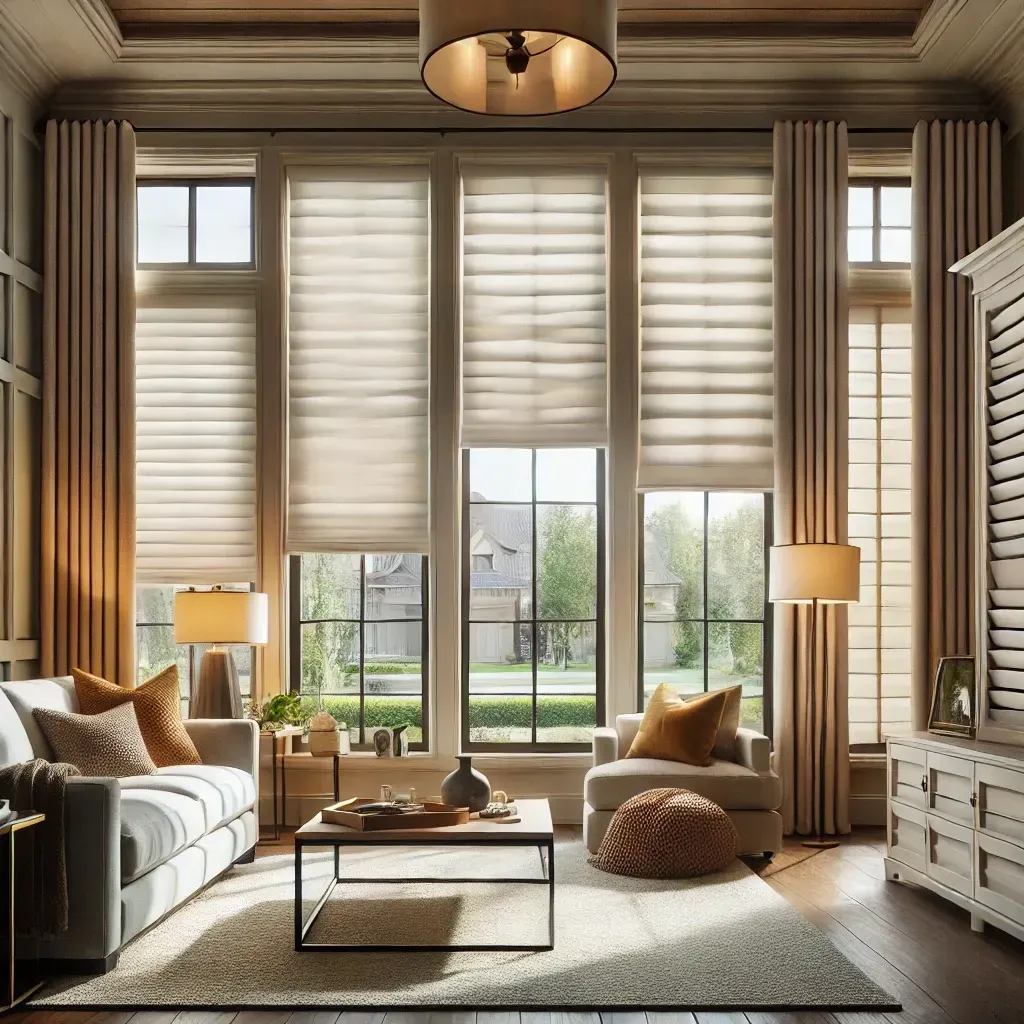How to Fix and Prevent Warped Window Blinds?
When your window blinds warp, you can fix them by using methods like applying heat to reshape the slats or replacing severely damaged ones. To prevent warping, choose high-quality materials, control indoor humidity, and keep blinds out of direct sunlight.
Understanding Why Window Blinds Warp
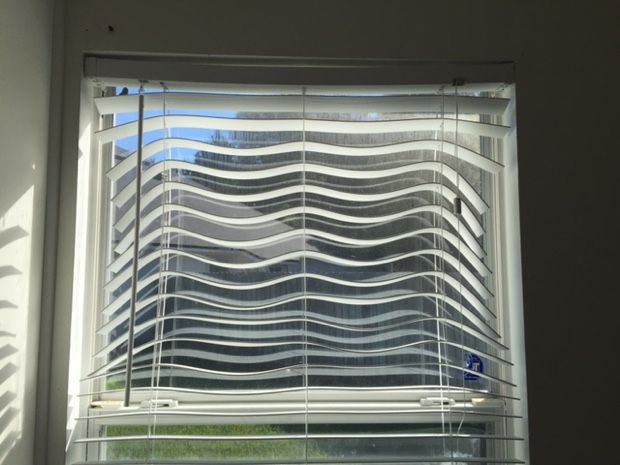
What Causes Warped Blinds?
Warping occurs when the structural integrity of window blinds is compromised due to factors like heat, humidity, or improper handling. Here are the common culprits:
- Heat and Sunlight: Prolonged exposure to intense sunlight or high temperatures weakens materials like plastic, faux wood, or even natural wood, leading to bending or warping.
- High Humidity Levels: Moisture absorption can cause wooden blinds to expand and lose their shape.
- Improper Use or Installation: Over-tightened cords or mishandling during cleaning can stress the material.
- Material Quality: Lower-quality blinds are more prone to warping compared to premium-grade options.
How Warping Affects Your Space
Warped blinds can lead to functional and aesthetic issues, such as:
- Difficulty in opening and closing blinds.
- A disheveled, untidy look that detracts from your room’s decor.
- Reduced privacy and light control due to misaligned slats.
Fixing Warped Window Blinds
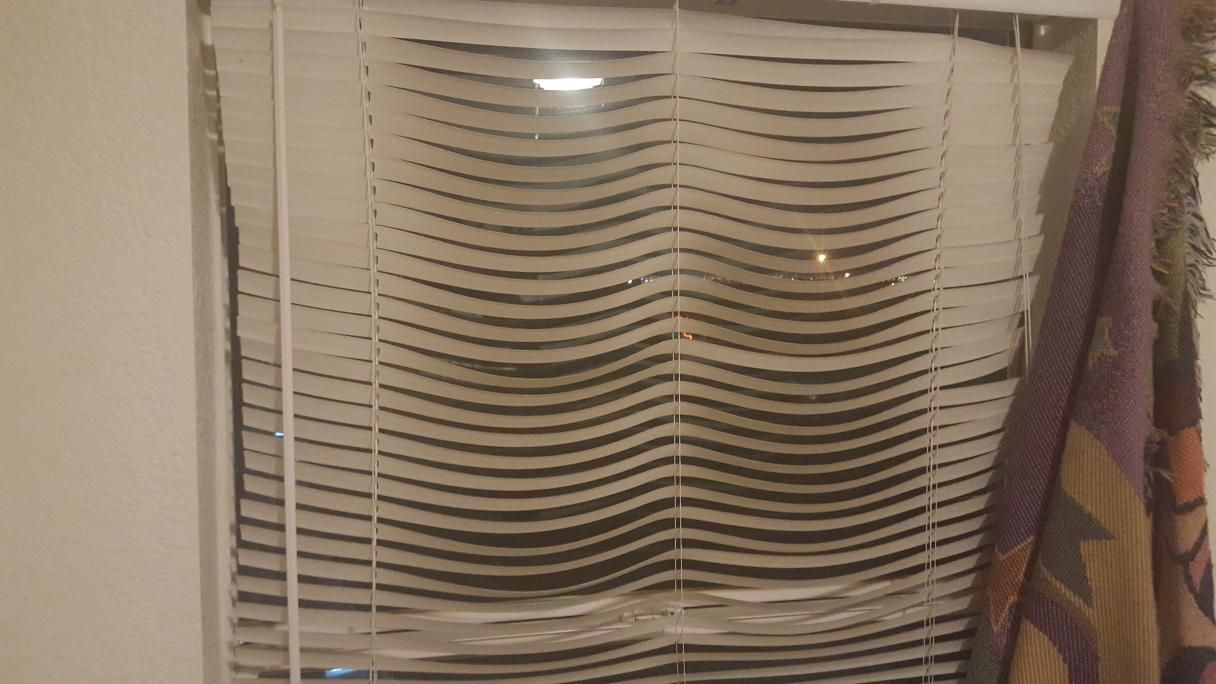
Step-by-Step Guide
Assess the Damage: Determine the extent of warping. Minor bends can often be repaired, while severely warped slats may need replacement.
DIY Repair Methods:
- Wood Blinds:
- Use steam from a clothing steamer or kettle to soften the wood.
- Place the warped slat between two flat, heavy objects like books and let it cool to regain its shape.
- Faux Wood Blinds:
- Submerge the warped slats in warm water for 10-15 minutes.
- Remove and place weights on the slats until they dry completely.
- Plastic Blinds:
- Use a hairdryer on a low heat setting to gently warm the bent area.
- Straighten the slat manually or press it against a flat surface until it cools.
Replacing Damaged Slats:
- If the warping is severe or beyond repair, consider replacing the affected slats. Most blinds come with replacement kits or parts.
Professional Assistance:
- For valuable or intricate blinds, consult experts like Love Is Blinds MI, who specialize in window treatment repairs and replacements.
Specialized Fixes for Severe Warping:
- Use advanced tools like steam presses or professional heat guns.
- For motorized or custom blinds, contact the manufacturer or a professional repair service.
Preventing Warped Window Blinds
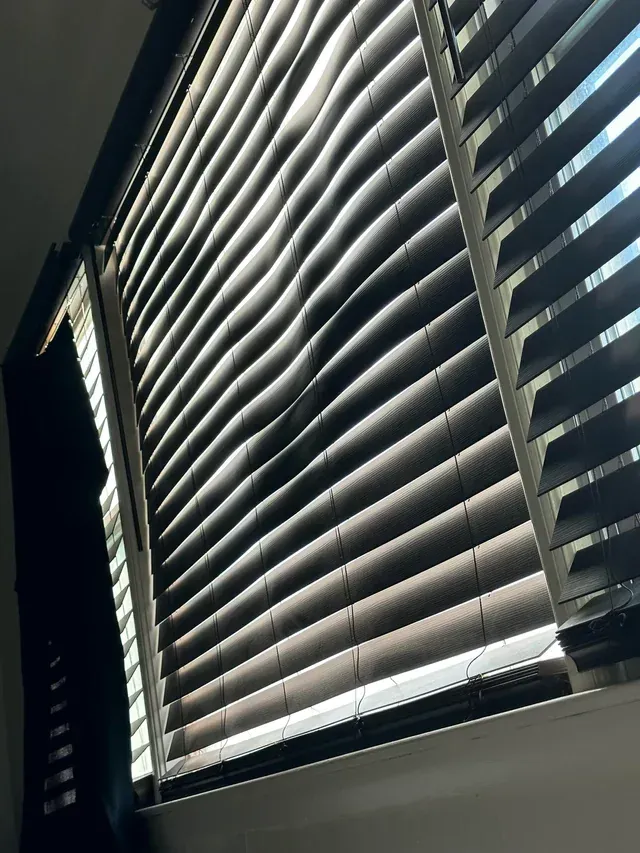
Choosing the Right Materials
- Faux Wood Blinds: Resistant to heat and humidity, these are ideal for bathrooms, kitchens, or sunny rooms.
- Aluminum or Metal Blinds: Durable and less prone to warping under extreme conditions.
- High-Quality Plastic: Invest in premium-grade vinyl blinds for better heat resistance.
- Composite Materials: Some blinds are made of composite blends that combine the best features of wood and faux wood for added durability.
For the perfect blend of functionality and design, explore Custom Window Blinds & Shutters for a Cozy Home to find options tailored to your needs.
Environmental Control Tips
- Regulate Indoor Humidity: Use a dehumidifier to maintain optimal moisture levels, especially in humid climates.
- Minimize Sunlight Exposure: Install UV-blocking window films, solar screens, or blackout curtains to reduce heat and light exposure.
- Consistent Indoor Temperature: Avoid sudden temperature fluctuations by keeping your thermostat steady.
- Add Window Treatments: Layer blinds with curtains or drapes to shield them from direct sunlight.
Proper Maintenance Practices
- Regular Cleaning: Dust your blinds weekly to prevent grime buildup, which can weaken the material over time.
- Gentle Handling: Avoid using excessive force when opening or closing blinds.
- Check for Early Signs of Warping: Address minor bends or damage promptly to prevent further issues.
Practical Upgrades to Prevent Warping
- Consider installing smart blinds that adjust automatically based on sunlight, reducing wear and tear.
- Invest in energy-efficient windows to limit temperature fluctuations near your blinds.
Why Material Matters
Wood Blinds
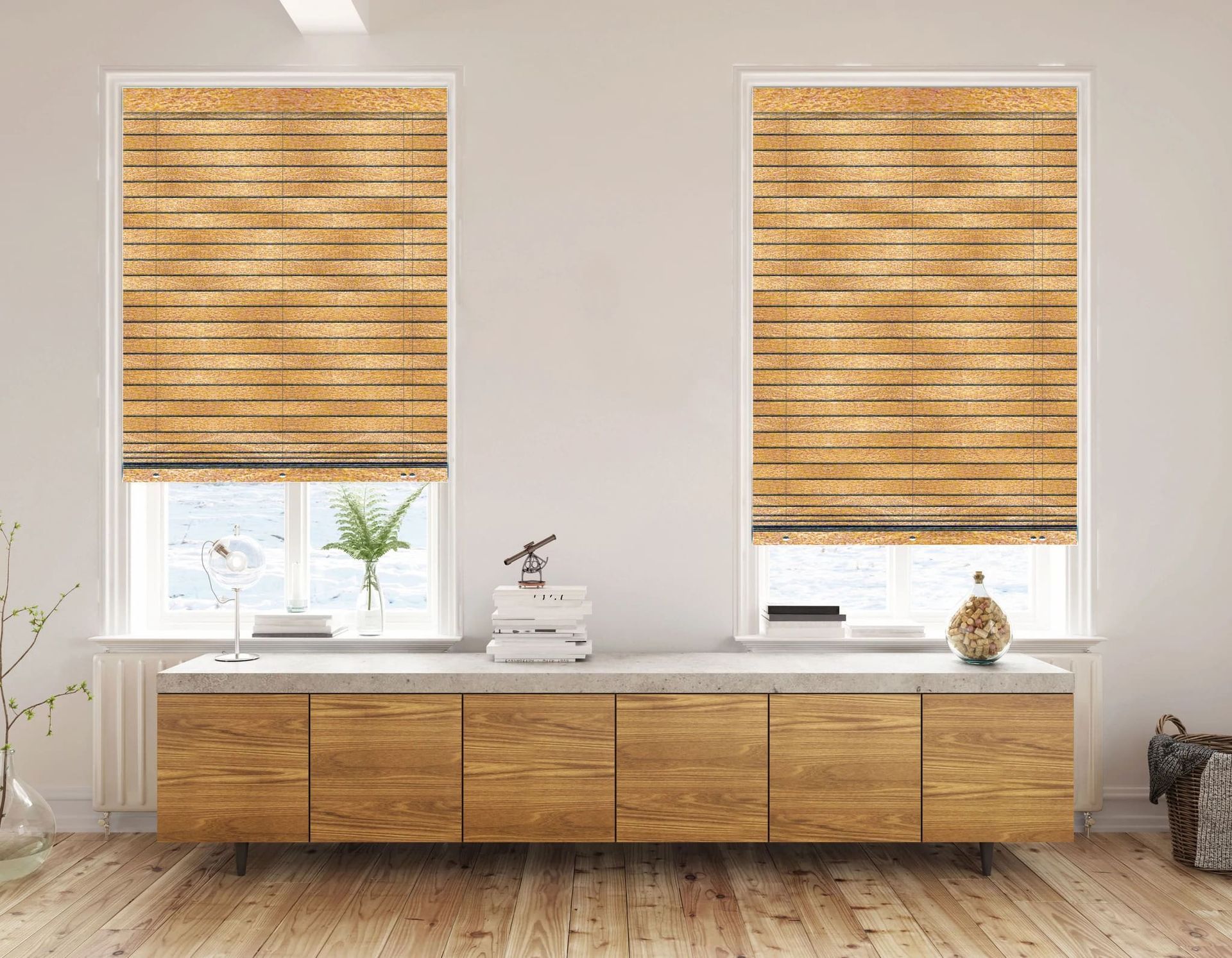
- Advantages: Elegant and timeless; complements classic interior designs.
- Drawbacks: Prone to warping under high humidity; requires regular maintenance.
Faux Wood Blinds
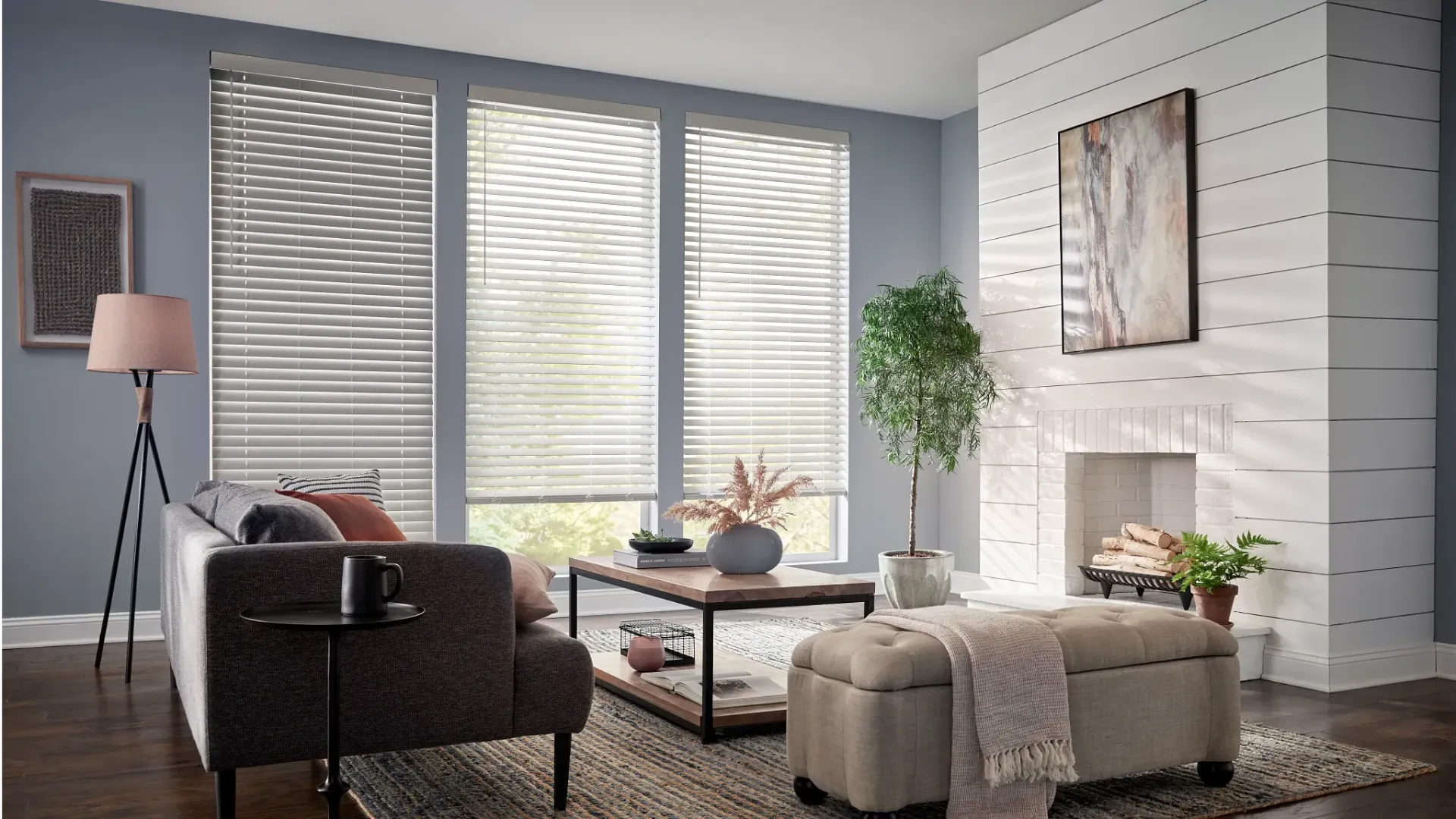
- Advantages: Affordable, durable, and moisture-resistant.
- Drawbacks: Can warp under extreme heat.
Plastic and Metal Blinds
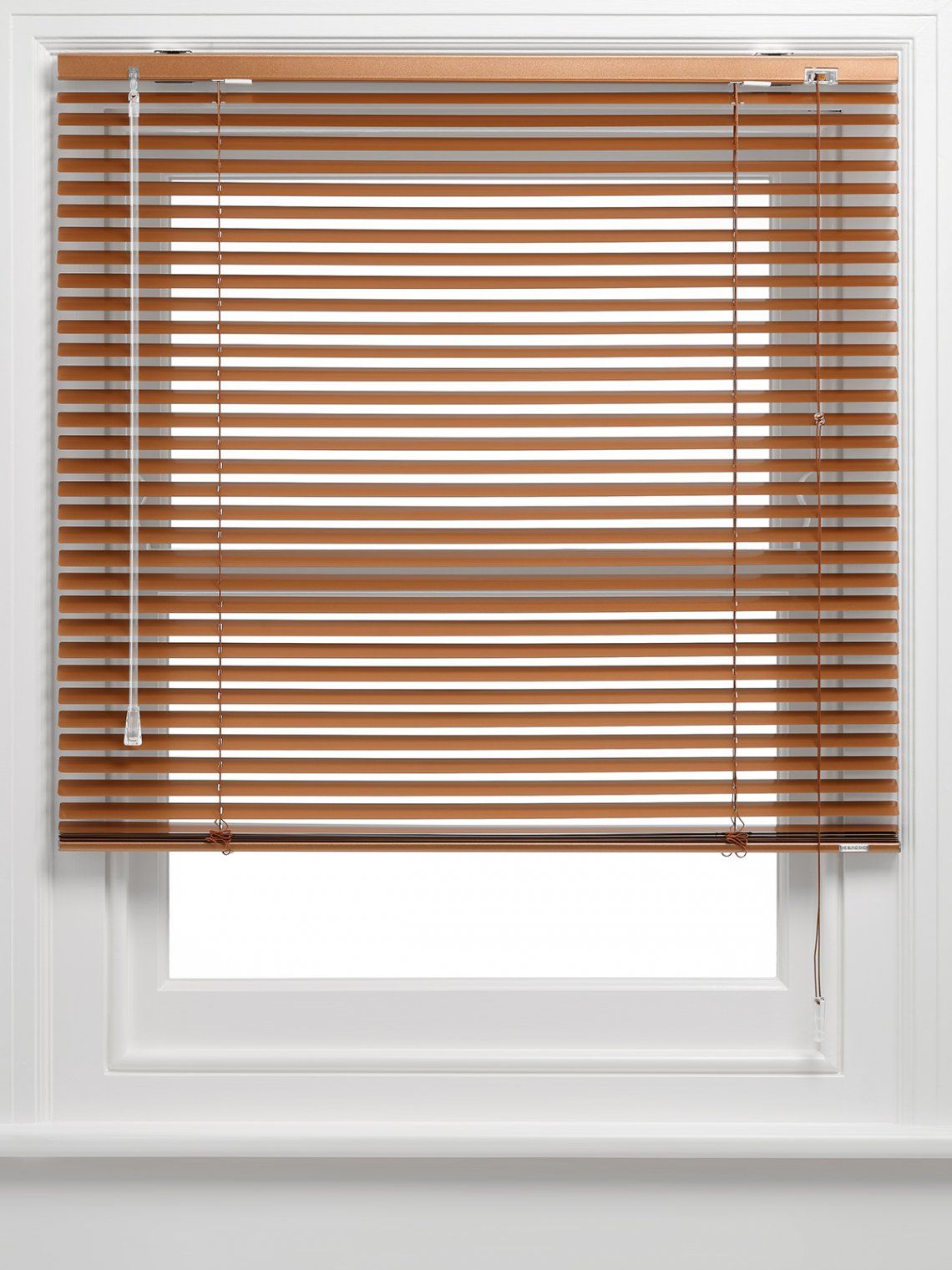
- Plastic: Cost-effective but susceptible to heat damage.
- Metal: Highly durable but may dent or bend with impact.
Composite Materials
- Benefits: Offer superior resistance to both heat and humidity, making them a versatile choice for any space.
Weighing Costs and Benefits

DIY vs. Professional Help
- DIY Repairs: Cost-effective but requires time and care to avoid further damage.
- Professional Services: Slightly more expensive but guarantees quality results, especially for custom or premium blinds.
Investing in Quality
- Higher upfront costs for durable blinds save money in the long run by reducing repair and replacement needs.
Balancing Aesthetics and Functionality
- Choose blinds that not only suit your decor but also meet the functional demands of your environment.
Common Myths About Warped Blinds
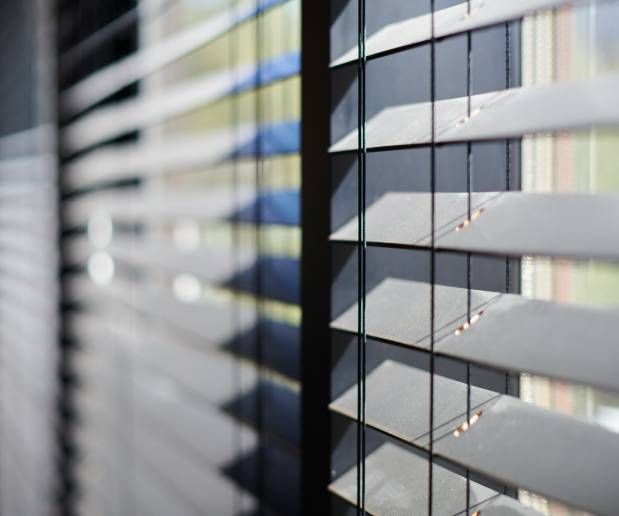
- Myth: Only wood blinds warp.
- Truth: Faux wood, plastic, and even metal blinds can warp or bend under certain conditions.
- Myth: Warping is irreversible.
- Truth: Many types of warping can be fixed with proper techniques and tools.
- Myth: High-end blinds are immune to warping.
- Truth: Even premium blinds require maintenance and proper care to prevent damage.
Conclusion
Fixing and preventing warped window blinds requires understanding the materials, causes, and best practices for maintenance. By using proper methods and investing in high-quality materials, you can extend the lifespan of your blinds and maintain their appearance.

